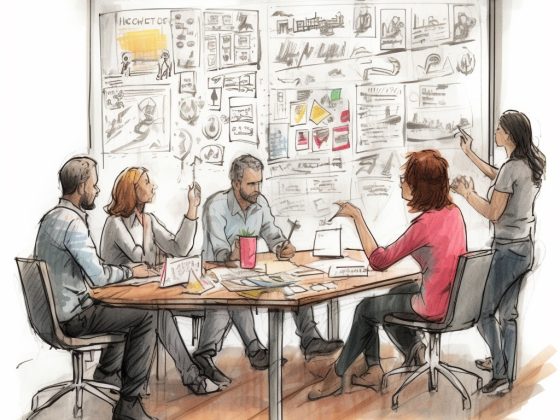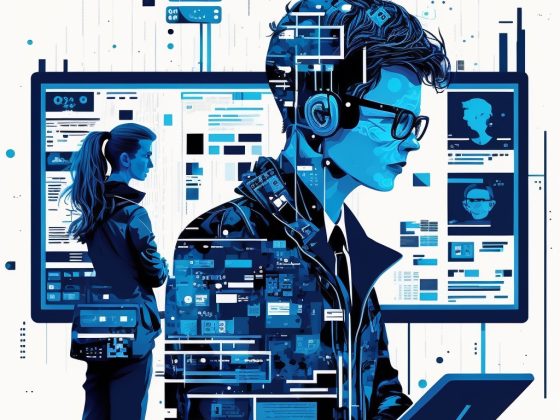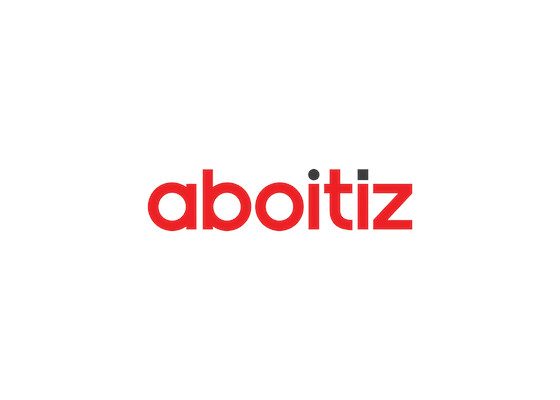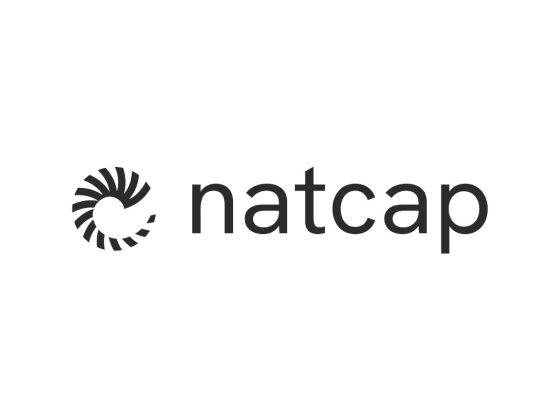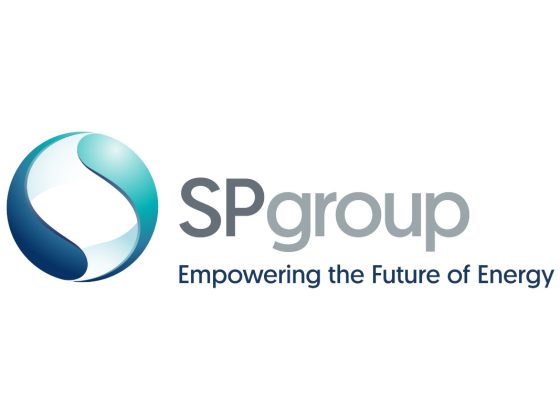The rapid rise of generative AI tools like ChatGPT has sparked excitement about their creative potential but also concerns about their impacts on jobs. With the right approach, humans can steer this technology for our benefit rather than be displaced by it.
Automating Repetitive Tasks
As generative AI enters mainstream use, some disruption of the job market is expected, just as with previous technological shifts like industrialisation. AI-based automation will likely take over repetitive and routine aspects of many jobs, referred to as the four D’s – dirty, dangerous, dull and difficult tasks.
For example, AI could automate routine customer service interactions, analyse legal contracts for errors, write basic news reports, or take over dangerous warehouse work. This will free up human time and energy to focus on higher-value work requiring emotional intelligence, creativity, empathy and problem-solving.
Augmenting Human Skills
Rather than AI taking away jobs, it will augment uniquely human skills and talents. Workers of the future need to embrace continuous learning to complement AI tools. Individuals should invest in developing their creative abilities, interpersonal skills and emotional intelligence – things that make us human.
Technical skills will also remain relevant, especially to train and get the most out of AI systems. But human-centric capabilities like imaginative problem-solving, leadership, collaboration, and communication are harder to automate and will grow in demand.

Democratising Creativity
The generative AI revolution can liberate the innate human capacity to create, make visions a reality, and cultivate our talents like never before. Creative work in arts, media, design and more could be profoundly democratised.
For example, tools like DALL-E 2 and Stable Diffusion empower anyone to generate professional-grade visuals and art. Music composition apps like Jukebox allow amateur musicians to create original songs. With the right tools and mindset, we all have the potential to become empowered creators.
Transitioning to New Opportunities
No doubt, some jobs will undergo transitions, as happened during the industrial revolution. But it also brought more prosperity and progress to society as a whole. With care taken to support displaced workers through upskilling and new opportunities, we can ensure generative AI benefits all.
Government and industry must invest in training programs, especially digital literacy and technical skills so that the future workforce is prepared. A focus on fields like healthcare, education and human services where human skills remain critical will also help the labour market adjust.
Steering Our Destiny
The future is what we choose to make it. Instead of AI taking over jobs, humans can take charge of their destinies. We must guide the technology responsibly and focus on our unique abilities like creativity, empathy and courage.
The coming age of artificial intelligence does not have to mean the end of human work. Rather, it can liberate the human spirit and our collective genius. We have the power to shape an AI revolution that enhances lives, creates new possibilities and expands human potential.
With the right policies, continuous learning and an empowering vision, we can build an AI-powered future where technology serves humanity rather than replaces it.



